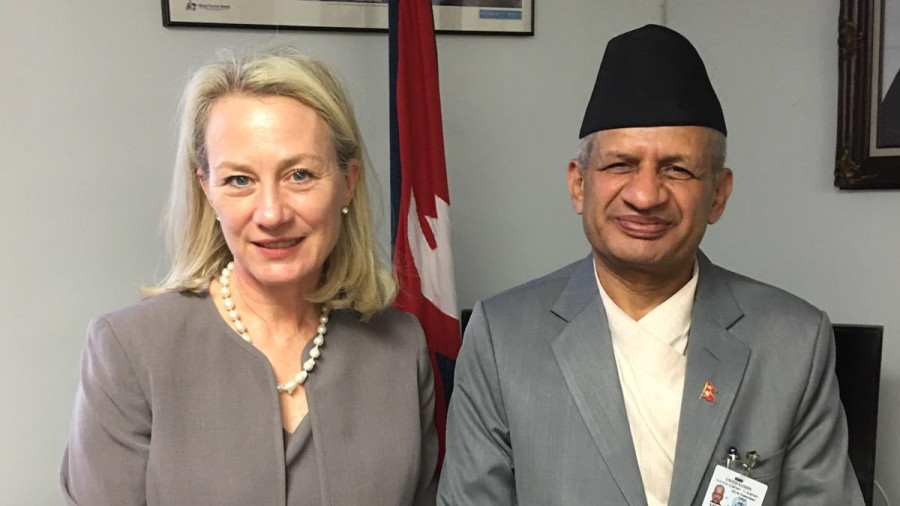Politics
Chinese influence has grown in Nepal, says top US official
This growing influence has led to growing restrictions on the Tibetan refugee community in Nepal, according to a briefing delivered to the US House Foreign Affairs Sub-Committee on Asia and the Pacific.
Post Report
A top US diplomat has claimed that China’s influence has grown in Nepal so the Tibetan Buddhist community is facing increased restrictions in the country.
“The government [Nepal] has also increased restrictions on the Tibetan Buddhist community, including preventing public celebration of the Dalai Lama’s birthday. As Chinese influence has grown in Nepal, so has the government of Nepal’s restrictions on the Tibetan community,” said Alice W Wells, Acting Assistant Secretary at the Bureau of South and Central Asia, delivering a statement before the US House Foreign Affairs Sub-Committee on Asia and the Pacific.
This is the first time that a senior US official has pointed to China’s growing influence in Nepal in a public statement, even though the US has always been concerned about the rights of Tibetans and others refugees living in Nepal.
[READ: Nepali citizens detained during Xi Jinping’s visit for Tibetan signage on clothes and accessories]
Wells made separate country-specific presentations before the House Sub-Committee summarising the contemporary situation of South Asian countries. The State Department official also expressed concern on press and religious freedom.
“It is important for Nepal’s people and democracy that these principles are protected. Although recent online media regulations and other directives could provide the foundations for restrictions on freedom of expression, the government of Nepal has responded to public concern by working to align legislation with constitutionally guaranteed rights,” she said.
Wells said that South Asia is a cornerstone of President Donald Trump’s initiative to advance a free and open Indo-Pacific in which all nations are independent, strong, and prosperous.
In Nepal, we are working with the government to advance its transition to federalism by building the capacity of the national and local governments to become more transparent and accountable, Wells said.
Wells also called attention to the fact that although Nepal’s constitution and international commitments guarantee the right to practice and profess one’s faith, religious freedoms are under threat because of a “new criminal code enacted in 2018 in Nepal [that] restricts “forced conversion” and puts members of religious minorities at risk.”




 8.22°C Kathmandu
8.22°C Kathmandu














